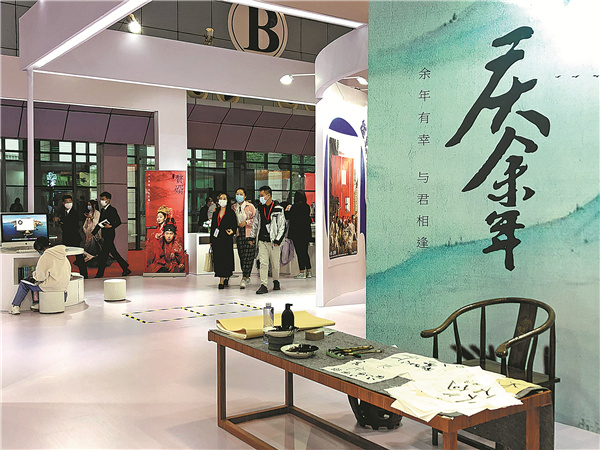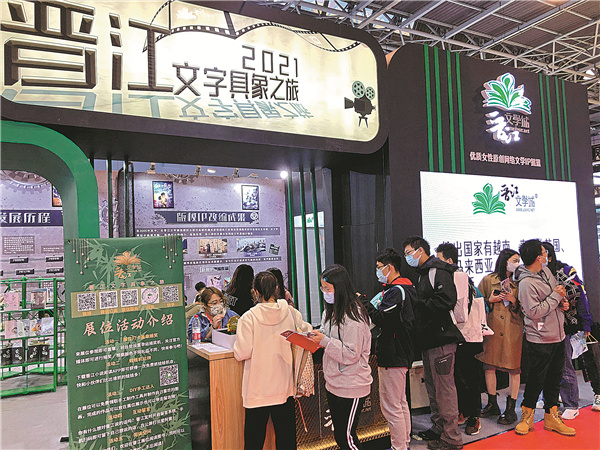

Unfortunately, as society advances, these craftsmen and women will gradually disappear from the streets, although their products still linger in his memory, he said. However, when Liu saw similar products during his trips to Japan, he realized that those crafts, popular among young people, were traditional art coated with novel cultural concepts.
Therefore, Liu decided to write stories about those taciturn craft workers, hoping that the traditional arts of China, such as tea ceremonies, martial arts, floriculture, ceramics, calligraphy and painting, could become better known by his readers.
To write Lie Yan (Counterfeit Hunting), Liu spent three years researching, interviewing experts from the Palace Museum, National Museum of China and Shanghai Museum, systematically learning about the authentication and conservation of cultural relics.
"Current, real topics, especially those related to our culture and tradition, are the best themes and dictate the direction of our writing," he said.

Huo Yan, an assistant researcher with the Institute of Literature of the Chinese Academy of Social Sciences, said because traditional literature in China cannot reflect the times-during which our social structure is undergoing a great transformationin a way that meets the expectation of the readers, it naturally falls out of favor.
"What is the literature of our time? The large number of readers and writers prove that it's online literature. Readers like online literature because it satisfies what people currently most desire and reflects the social consciousness of our time," she said.
Superficially, people want to be entertained and to relax, so that, in their fragmented time, they don't want serious thinking, but simply some pleasure from reading. Underneath, it is people's curiosity about, and their impulse to experience, the past and the present, she explained.